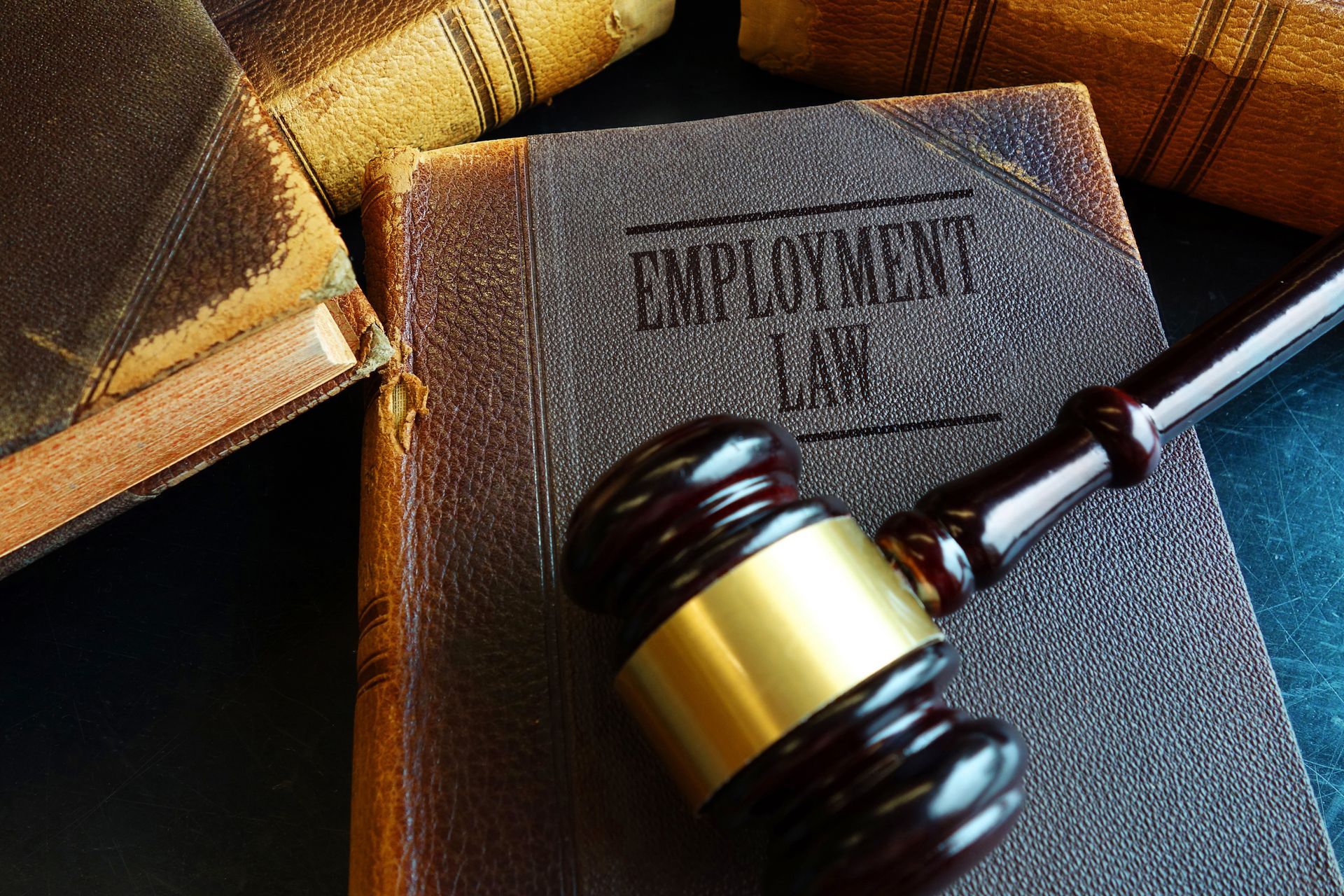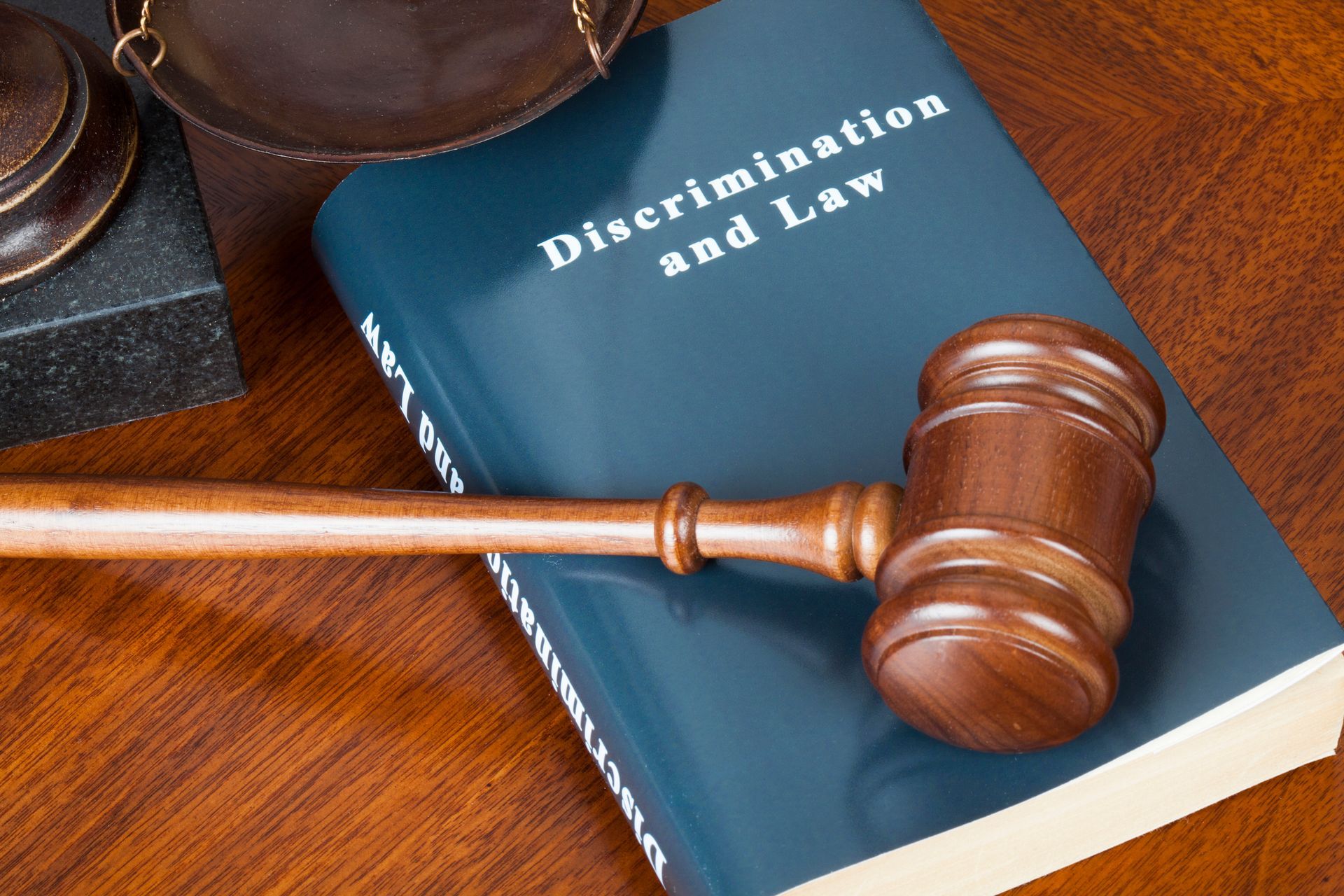Layoff Versus Furlough Versus Termination — What Employees Need to Know

Millions of Americans have experienced an unfortunate side effect of the global pandemic and potential recession: job loss. But the type of job loss you suffer and how you approach it can go a long way toward protecting your employee rights and ensuring a positive outcome.
To help you navigate your own job loss, here are the three common methods of laying off workers and how to protect yourself in each situation.
Furlough
Furlough isn't a term most Americans use regularly, and many people think of it as synonymous with layoffs. Furloughs, though, do have some key differences. A furlough is a mandatory period of suspension from work. The good news is that a furlough is generally expected to have an end date at which the employee would return to their previously held position.
Because furloughs are temporary leaves of absence, the employee can usually retain their benefits — including, importantly during a health crisis, health and life insurance. And the employee has a reasonable expectation that their employment is not over. This can be good if your employer is a business that had to close during stay-at-home orders but will likely return in good shape.
The downside of a furlough is that you may be prohibited from such things as seeking other employment or returning to part-time (or consulting) work. And both unemployment compensation and severance pay may be very unlikely. You may be able to negotiate some additional compensation on your own, though, to make up for these limitations.
Layoff
Unlike furloughs, layoffs can either be temporary or permanent. Many employees can be trapped in limbo during a recession, as the company is not required to set a return date nor to verify if employment will be offered again. A layoff might even end with the offer of a job position unequal to what you had before.
If you face a layoff, talk with the employer about the likelihood of returning to your old position. Ask about whether or not you can seek other employment while laid off. And find out what benefits might be extended and for how long. Layoffs are an uncertain time, so you need to know what you can expect as well as what the employer expects from you.
When employees are recalled to work, take note if you are not recalled and others are because the company may begin recalling employees in a discriminatory manner. We do not know what will happen in the future, but younger workers and men are expected to be recalled to their old jobs and that older workers and women may not receive that phone call!
Termination
Termination is the most serious form of job loss because it is permanent. Most Americans work in what is known as at-will employment — meaning that a person can be terminated at the employer's discretion for legitimate reasons. The loss of business income or a closed facility is a legitimate reason.
If you have been notified of a termination, you do still have some important rights. First, terminations of any kind cannot violate anti-discrimination laws. If your employer takes the coronavirus pandemic as a chance to let go of all their employees over the age of 60, these employees may have a case against discriminatory behavior under the Age Discrimination in Employment Act.
In addition, your employer must follow state and federal laws regarding final pay, benefits, and severance. Depending on your state laws, your paycheck might have to be available within a certain time frame and the employer may have to offer COBRA health insurance options. You may be entitle to severance pay as well, if this is either mandated by the state or customary with the employer. In Alabama, there is no right to severance.
Terminated employees should consult with an employment attorney to handle any severance package negotiations. Professional assistance helps you avoid signing any severance agreements that are not in your best interests, secure the best compensation package possible, and ensure that you can seek equal employment elsewhere.
No matter what type of job loss you face, one key to managing it well is to understand your rights and responsibilities as a result. Want to know more about your particular job-loss situation? Consult with Allen D. Arnold Attorney at Law today.
Alabama Rules of Professional Conduct Notice: No Representation is made that the quality of legal services offered is greater than that of other lawyers. The information contained on this website is not a substitute for legal advice, and reading it does not create an attorney-client relationship.









